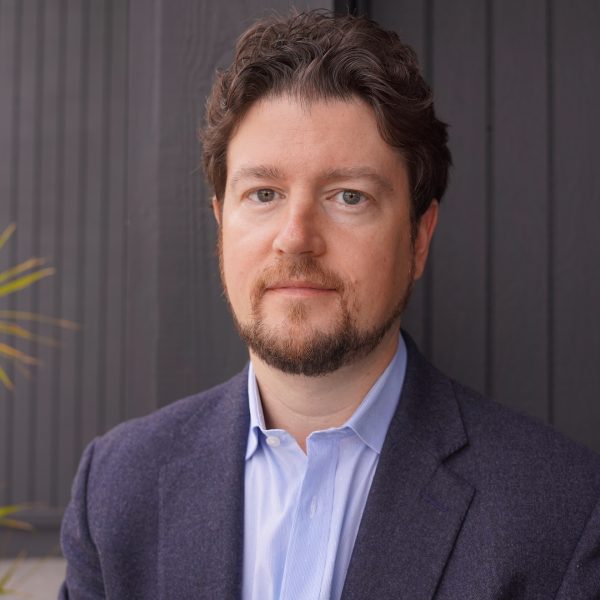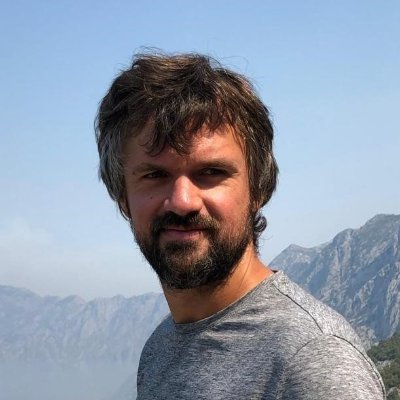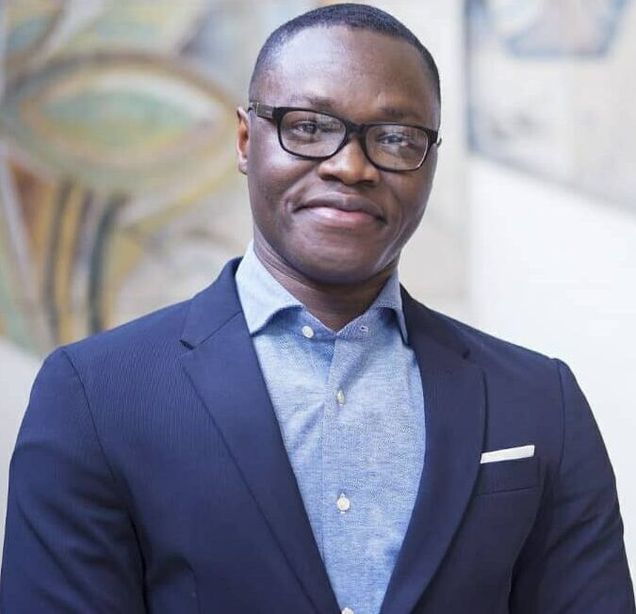From Building Local Government Capacity to Improving Childhood Nutrition: Meet the 2024 Human Capital Initiative Core Faculty Members

The Boston University Global Development Policy Center (GDP Center) is pleased to announce the second cohort of Human Capital Initiative (HCI) Core Faculty Program. These seven full-time BU faculty members represent diverse departments across the University, including the Departments of Global Health and Epidemiology, Sociology, Economics, Health Sciences and the Pardee School of Global Studies. They join the other 10 HCI Core Faculty Members to work on academic and policy outputs that are commensurate with HCI’s mission.
The HCI Core Faculty Program provides seed grants, opportunities for collaboration and administrative resources to outstanding BU researchers whose scholarship is centered around issues related to human capital, social and economic development and human well-being. The aim of the program is to actively support faculty research activities in these focal areas and to foster engagement within the BU human capital research community at large.
Below, meet the 2024 HCI Core Faculty Members and learn about their human capital research interests:
Salma Abdalla is a Core Faculty Member of the Human Capital Initiative at the Boston University Global Development Policy Center and an Assistant Professor in Global Health and Epidemiology at Boston University School of Public Health. Her research focuses on understanding how microsocial forces shape the health of the population. In particular, she studies how data on the social, economic and commercial determinants can be used to inform decision-making on health and health equity in different contexts.
As an HCI Core Faculty Member, her research will focus on three areas: an examination of how global structures, such as trade regulations, and local/national social determinants of health impact global health equity within and across countries, an exploration of the potential for collecting and using data from different sources to inform, and evaluate, decision-making processes beyond the healthcare sector in different countries and lastly, to document the population mental health impacts of mass traumatic events, focusing on the links between socio-economic stressors and mental health. Additionally, she plans to further explore the mental health consequences of gender-based traumas, leveraging both traditional research methods and complex system approaches.
Nina Brooks is a Core Faculty Member of the Human Capital Initiative at the Boston University Global Development Policy Center and an Assistant Professor in the Department of Global Health at the Boston University School of Public Health. Her research interests are in understanding the environmental and social determinants of health and generating evidence to inform climate and health policy, primarily in the Global South.
She is interested in leveraging a global gridded dataset on humid-heat events (produced as part of an existing project) to study the impact of humid-heat exposure on child health and educational outcomes in low- and middle-income countries. Additionally, she is interested in using this same humid-heat data set to explore how health service access, particularly prenatal care, may be affected by increasingly hot conditions. Other planned work in this area will be to study whether the implementation of maternal and child health programs may help to moderate the negative effects of extreme heat exposure, as well as develop targeted interventions for providing early warnings and actionable recommendations to pregnant people. Then, building on her earlier work on the brick kiln industry in Bangladesh, she plans to study how occupational exposure to heat and air pollution among kiln workers affects labor productivity. Finally, Brooks plans to leverage her expertise on air pollution to explore how exposure to both extreme heat and air pollution intersect to increase vulnerability.
Neha Gondal is a Core Faculty Member of the Human Capital Initiative at the Boston University Global Development Policy Center and an Assistant Professor in the Department of Sociology and Faculty of Computing and Data Sciences at Boston University. Her primary research interests lie in exploring the relationship between social networks and culture and its role in the production and maintenance of social inequalities.
Through her participation as an HCI Core Faculty Member, Gondal plans to investigate diversity management policies related to foreign workers employed at US firms using a three–pronged approach. The project is aimed at understanding the impact of affirmative action policies on human capital and seeks to investigate if organizations are rhetorically engaging in immigrant diversity initiatives in their strategy documents but failing to implement those initiatives in practice or by being highly selective such as by restricting residency sponsorship for citizens of the Global North or for graduates of highly elite programs.
David Lagakos is Core Faculty Member of the Human Capital Initiative at the Boston University Global Development Policy Center and an Associate Professor of Economics at Boston University. He conducts research in the fields of macroeconomics and development economics, focusing on the determinants of sectoral productivity levels, human capital accumulation, structural transformation and cross-country differences in labor market outcomes, among other topics.
Forthcoming research from Lagakos explores the macroeconomic effects of subsidized secondary schooling, with a focus on Ghana. The study examines the impacts of the policy on public opinion and long-term economic growth and highlights the potential political economy issues driving education policy choices.
Lindsey Locks is a Core Faculty Member of the Human Capital Initiative at the Boston University Global Development Policy Center, an Assistant Professor of Health Sciences at Boston University’s Sargent College and an Assistant Professor of Global Health at the BU School of Public Health. A global health nutritional epidemiologist, she has expertise in quantitative research methods; nutrition interventions in low-resource settings; assessment of diet and nutritional status; and maternal, child and adolescent health. She has experience working in both sub-Saharan Africa and South Asia with academic institutions, UN agencies and non-governmental organizations.
Through her affiliation with HCI, Locks is interested in researching the potential global distribution of Small-Quantity Lipid Nutrient Supplements (SQ-LNS), which are targeted towards preventing malnutrition in vulnerable populations. She argues that as national governments begin to develop programs and policies to distribute SQ-LNS, it will be essential to conduct operational and behavioral research to ensure that the product is distributed ethically, cost-effectively and in a way that will not disrupt local markets or infant and young child feeding or breastfeeding practices. In addition to research on SQ-LNS, she is also actively engaged in other nutrition research projects aimed at improving human capital. Specifically, she is a principal investigator or co-investigator of a study that focuses on anemia and micronutrient deficiencies in pregnant women in India, and a second study on how diet, nutrition and food security affect immune response to tuberculosis.
Benjamin Marx is a Core Faculty Member of the Human Capital Initiative at the Boston University Global Development Policy Center and an Assistant Professor at the Department of Economics at Boston University. His research interests are mainly in political economy and development. One strand of his research studies the determinants of political accountability, state capacity and voting behavior in developing countries.
As part of HCI, Marx’s research will aim to build local government capacity and to improve the quality of local public goods provision in Indonesia. His work will consist of two studies. The first examines how electoral turnover affects staff morale, accountability and performance in local bureaucracies, while the second builds on an collaboration with the civil service academy of Indonesia, Institut Pemerintahan Dalam Negeri (IPDN), to evaluate novel approaches to building anti-corruption norms among future civil servants. The goal of the studies is to provide expertise informing policy and educational interventions with the potential to enhance local democracy and governance in Indonesia.
Solomon Owusu is a Core Faculty Member of the Human Capital Initiative, the Global China Initiative and the Global Economic Governance Initiative at the Boston University Global Development Policy Center and an Assistant Professor of Global Development Policy at the Frederick S. Pardee School of Global Studies at Boston University. His research interests focus broadly on development economics in areas such as the economics and measurement of structural transformation, jobs and inclusive growth, global value chains and trade.
*
Never miss an update: Subscribe to the Human Capital Initiative newsletter.






